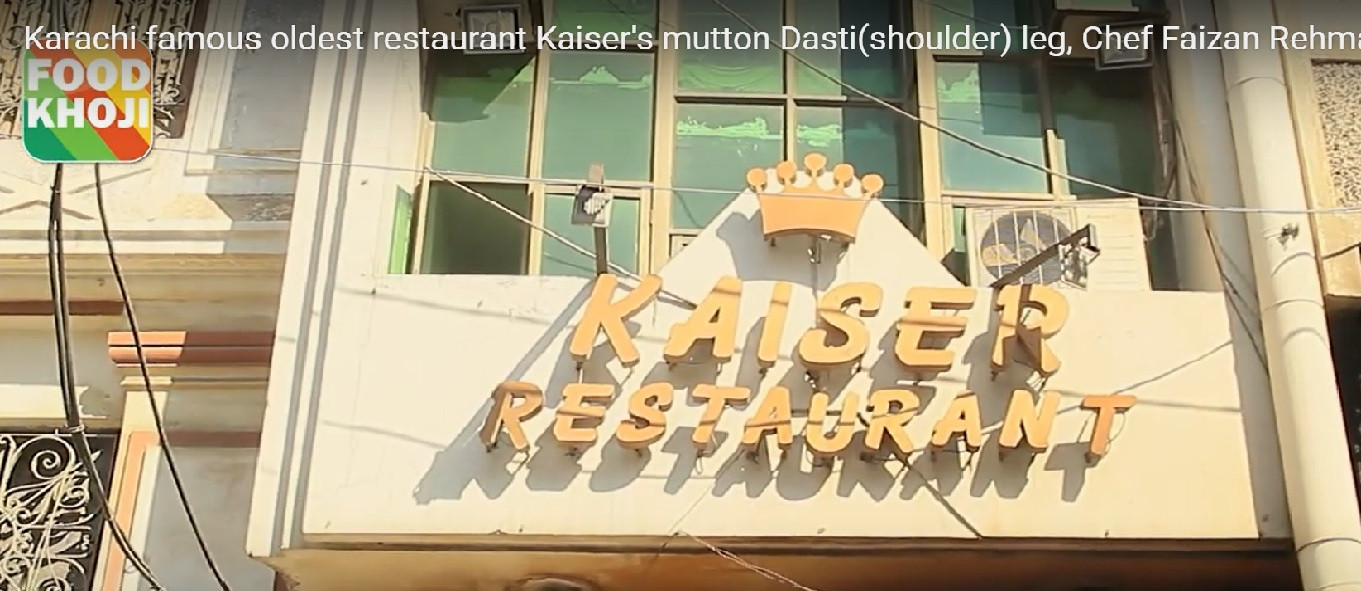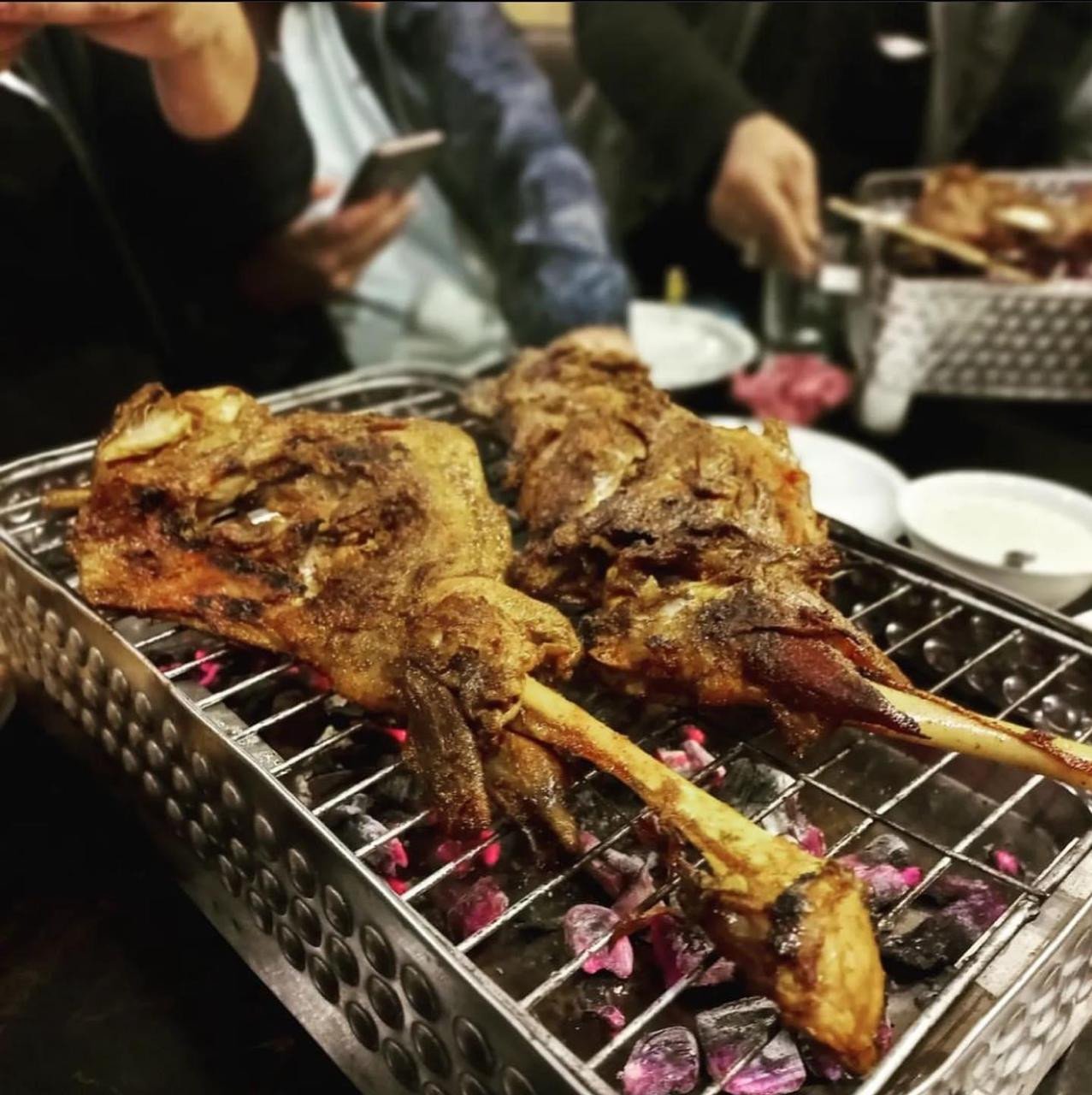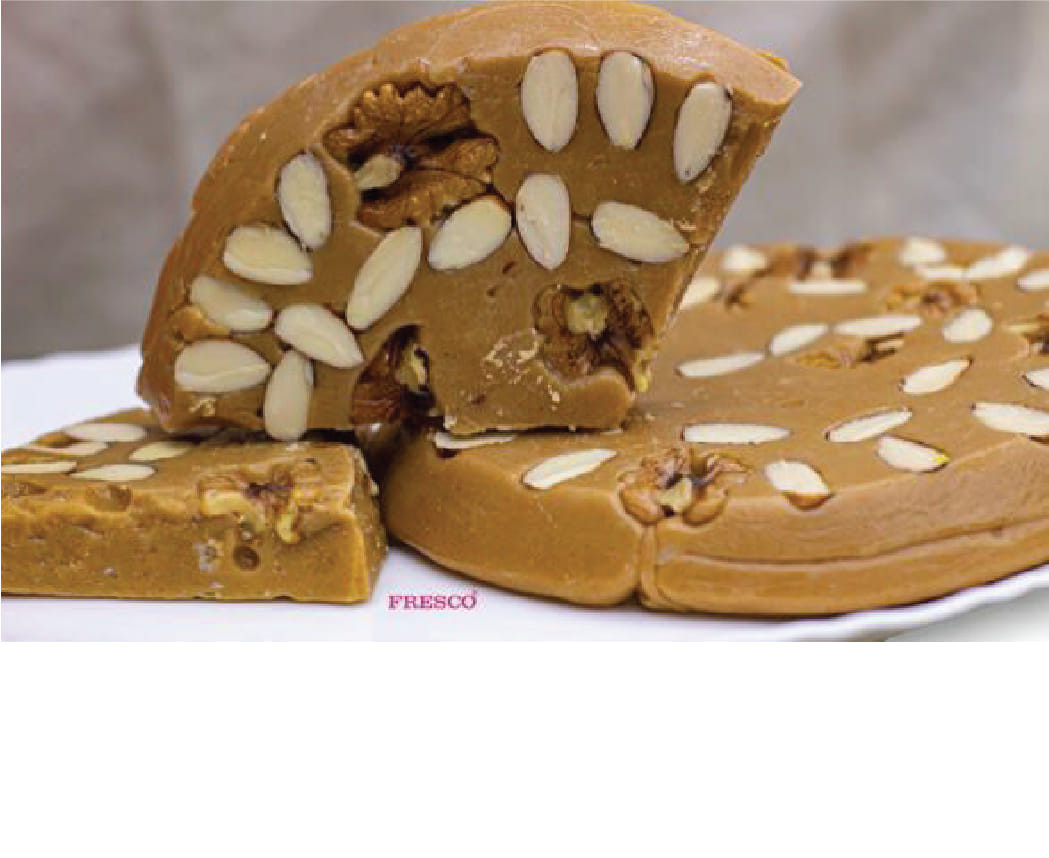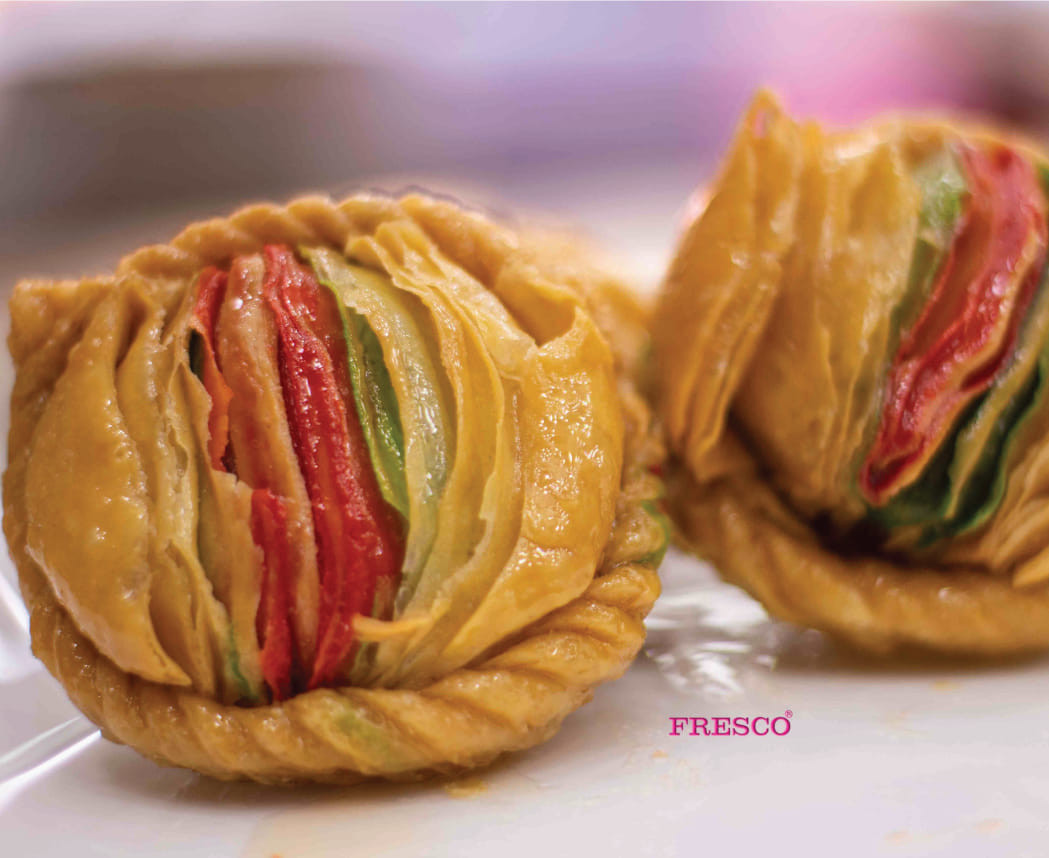Whenever a bunch of Karachi’s die-hard foodies hang out, sooner or later, their conversation will drift to eating places in Karachi. Not only the ones that are up and running, but also the ones that were. Older food connoisseurs will hanker about Pioneer Coffee House and Alpha Restaurant in Saddar, Café De Khan in PECHS, Dehli-Muslim restaurant near M.A. Jinnah Road, and Dolphin and Sea Gull in Clifton, to name a few.
Karachi has seen its fair share of ups and downs. With all the political and economic challenges, it has faced, there are longstanding restaurants in this resilient city that have remained a hallmark of Karachi’s food palette over decades.
More than just sizzling mutton leg and fragrant curries, Kaiser Restaurant has become a Karachi institution. For over seven decades, it's captivated a diverse clientele – from everyday foodies to prominent figures – with its rich family legacy and a powerful dose of nostalgia
It was established in 1953 by the present-day owner Malik Tanveer Ahmed’s father, Malik Rasheed Ahmed Khan [affectionately referred to as ‘Abbaji’ by Tanveer]. Initially, the food was cooked by Tanveer's mother and brought to the restaurant. “All the recipes, to this day, are my mother's,” says Tanveer.

Standing tall, Kaiser Restaurant, quite literally so, it boasts a brilliant blend of brave flavours and a brand that has been frequented over the years by the city's bigwigs such as General Zia, Zulfiqar Ali Bhutto, Benazir Bhutto, Nusrat Bhutto, Pir Pagarra, Pervaiz Musharraf and Asif Ali Zardari, Nawaz Sharif, Kausar Niazi ( his office and favourite hangout) and many more.
In an interesting story that Tanveer tells, a regular customer once brought over an American gentleman Larry Williams, the principle of a cooling tower company, who loved their mutton leg. Next, on a solo trip to Mumbai, Williams made sure to stopover in Karachi for the sole purpose of eating at Kaiser. The tradition continues as some foreign officials dropped by recently.
Maintaining that kind of standard is no mean feat.
“It is a consistent war to maintain quality because quality gives the right taste warna khana tau sab jagah banta hai [otherwise food is available everywhere],” insists Tanveer. “Our milk, meat and masala suppliers are the same since Kaiser’s inception. Like us they are also in their second or third generations of running their businesses. They know that there is absolutely no compromise on quality.”

Tanveer has some fascinating stories to tell about Kaiser’s legacy. Not many of us know that during the 1971 war, Kaiser would be open all night. The lights would be off and food was cooked and served to people in candlelight, with a blackout otherwise.
In 1986, when Javed Miandad hit a last-ball six to win the Austral-Asia Cup final in Sharjah, the Sheikh had celebrated by throwing a dinner party for the Pakistani team for which food was catered from Kaiser. “From nan to raan [mutton leg to kulfi, everything was put on a plane especially sent from Kaiser,” recalls Tanveer.
In the past seven decades, Kaiser has seen plenty of good and bad times. Surviving in a volatile and rapidly growing city of Karachi couldn’t have been easy.
“In the 90s, there used to be three-day shutter-down strikes, everything would become isolated,” shares Tanveer. “It was a bloody era and one of the toughest times to survive. Not just the food business, all businesses suffered and many people left the country.”
So how are things now?

“Nowadays, this extremely high inflation is the biggest challenge for businesses to survive,” he began talking with a smile that was soon replaced with a frown. “People use their disposable income for eating out and the food business runs on that. But the kind of inflation that we are dealing with today does not leave anyone with enough disposable income to spend on eating out. The few who do have extra money still spend it on family outings to eat out.”
Another old favourite and most visited food outlet in Karachi that has stood the test of time is Waheed Kabab House on Burns Road. Established by Habibullah, with a limited menu and space in 1961, presently it has expanded in terms of space, carte du jour and infrastructure. Waheed’s dhaga kabab, fry kabab and nehari have no match in Karachi. Habibullah’s son Waheedullah took over the reins from him, but today the restaurant is managed by Irfan Elahi, his grandson.
Elahi believes that their restaurant still enjoys a huge clientele, but for some time now, the restaurant has been compromising its profits.
“The pandemic was the worst situation that we experienced business wise for at least three years,” shares Elahi. “But these days too, it has become very tough to maintain our tradition of quality food at affordable prices, and we are compromising our margins to sustain our reputation and prestige.”
Tanveer explains that with basics being so expensive, the prices go up on the menu. “At the moment, utilities and food items have become so expensive that survival is quite impossible,” he says. “Since last year, gas prices have gone up by 600%! This is a basic requirement for homes, industries, tandoors and restaurants. Chicken, for instance, has gone up to Rs600/kg from Rs 200-Rs250 a year or so ago. Similarly, mutton is now Rs2400/kg. Prices of onions, tomatoes and flour which are the basic requirement in every kitchen are sky-rocketing. But you still can’t increase the prices to the point that it becomes completely unaffordable. Consequently, the business owner takes the cut and slashes the profit that he makes.”
Is that what’s happening everywhere? “No, not everywhere,” he points out. “There are food businesses that have not only raised prices, but also reduced quantities and have not taken any cut in their profits, to the extent that it has become obvious. I have observed this in restaurants because being in the business I understand what is going on. Once, I even communicated to the manager that it has gone to the point of being unfair to the customer but in vain.”
Come what may, Karachiites remain fierce foodies. Not just dinner and lunch, for them, breakfast and tea-time are also well-defined and elaborate meals. Which brings to the mind Fresco Sweets and Bakers, a name one instantly thinks of for samosas, jalebis, dahi barray and mithai, and ofcourse their breakfast fare of halwa-puri and keema kachoris.

Established by Muhammad Fareed, in 1952, with a limited menu, it has now grown into a bustling sweet and bakers’ outlet with a diversified variety of rich desi snacks. After Fareed’s death, the management was passed on to his son Muhammad Saleem who, being elderly, now rests at home while the business is being looked after by Fareed’s grandson Muhammad Imran. However, the day-to-day affairs are managed by Javed Khan since the last 45 years.
Amid the struggles of running a food business with scarce government support and never-ending everyday challenges, entrepreneurs such as Elahi and Khan share the frustrations and resilience that come with working in a tough environment.
“We have seen and survived many ups and downs such as strikes, law and order lapses, socio-political and ethno-lingual clashes, etc.,” says Khan. “Nowadays, it is difficult to run a food business because of the impediments created by the official machinery for running fair trade. But then that is probably true for all businesses.”
“Our government does not support us like the state organisations do in the developed world to promote flourishing local businesses internationally,” Elahi agrees. “On the contrary, it only creates issues for the business community.”

Khan believes that Fresco’s consistently flourishing business is because it has maintained a certain credibility and standard that their clientele can trust,” he says.
Discussing how trends change with time and people are more health conscious than they were in the past, Khan says, “Initially, people would take desi sweets as gifts for festive occasions, but now, cakes have replaced mithai. Times change, so again after some time, mithai will take precedence. For health reasons, people prefer to gift fruit over confectionary and sweets. But on the other hand, people prefer desi ghee to refined oils so they come to us because we use pure desi ghee in our food despite sky-rocketing costs.”
Karachi’s food scene, much like the city itself, has endured its fair share of challenges—political unrest, economic instability, and the constant struggle to maintain quality despite rising costs. Yet, through all the ups and downs, beloved institutions such as Kaiser Restaurant, Waheed Kabab House, and Fresco Sweets have remained cornerstones of the city’s culinary heritage, serving generation after generation with the same passion and dedication.
In a city where food is more than just a meal — it’s a way of life, a comfort, and often the only form of entertainment—Karachi's eateries reflect the resilience of its people. As Tanveer says, “In Karachi, eating out is the only entertainment." Despite everything, the city’s food culture thrives, reminding us that no matter how tough things get, Karachi’s love for food never fades.
